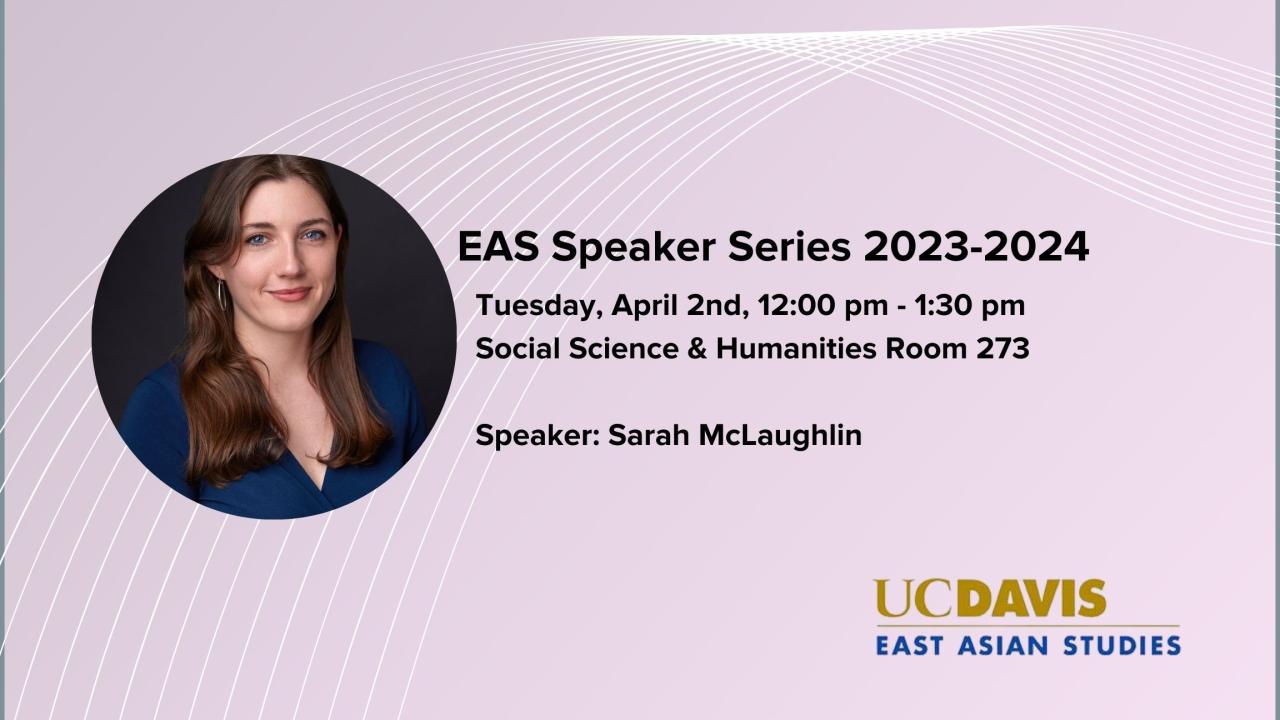
Event Date
Beijing’s Role in U.S. Higher Education: Authoritarianism and Transnational Repression
Authoritarian governments are limiting speech not just in their own countries, but in others, including ostensibly free countries. That effect is acutely felt on college campuses, especially for critics of the Chinese government. International students from Hong Kong fear the city’s laws will follow them overseas. Student groups and government agents lobby for the cancellation or censorship of events featuring Uyghur or Tibetan speakers. Academics who study sensitive political issues fear they will be denied the ability to research in China. University administrators ignore serious ethical questions about academic partnerships in China. How has higher ed reached the point where authoritarian governments call the shots? Both global factors and conditions on the ground in the United States have made it easier for authoritarians to set the rules around dissent — and more difficult for its critics to challenge them. Universities are failing to live up to their values and are either ignoring this repression, or sometimes actively aiding it. But there are ways to combat the spread of authoritarianism in higher education, and steps that academics, institutions, political leaders, and citizens can take to push back.

Sarah McLaughlin is Senior Scholar, Global Expression at the Foundation for Individual Rights and Expression. She studies the relationship between authoritarian governments and global censorship. Her writings about free expression have been published in outlets including Foreign Policy, The Daily Beast, Newsweek, Artsy, and The Huffington Post. She is currently working on a book about transnational repression in higher education, Authoritarians in the Academy, due next year with Johns Hopkins University Press.